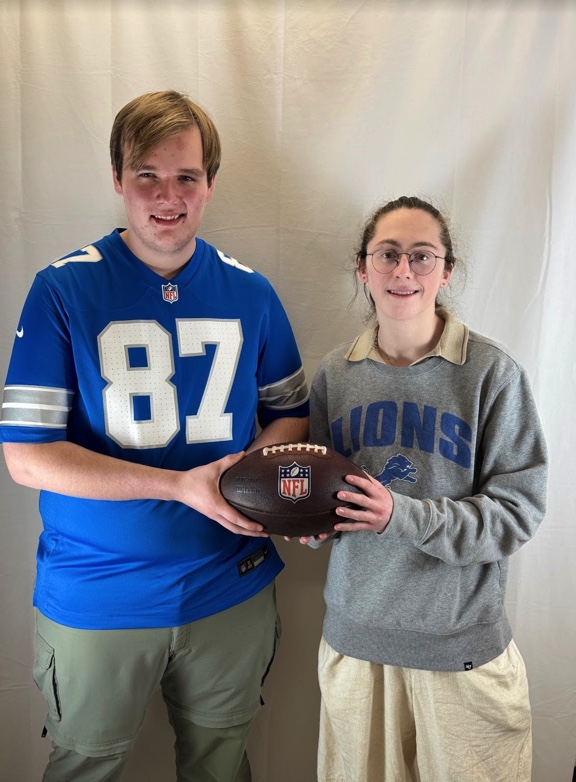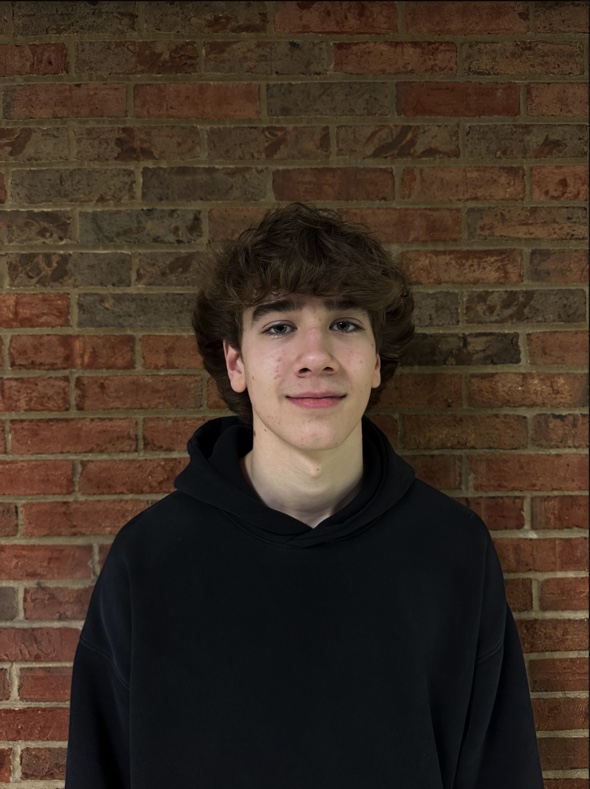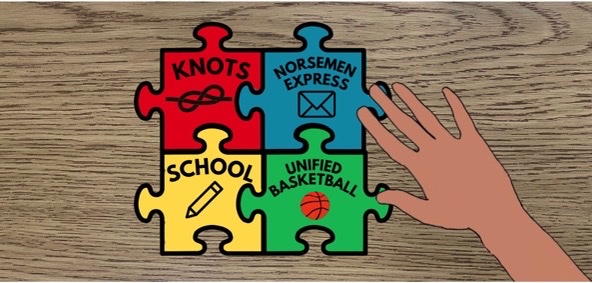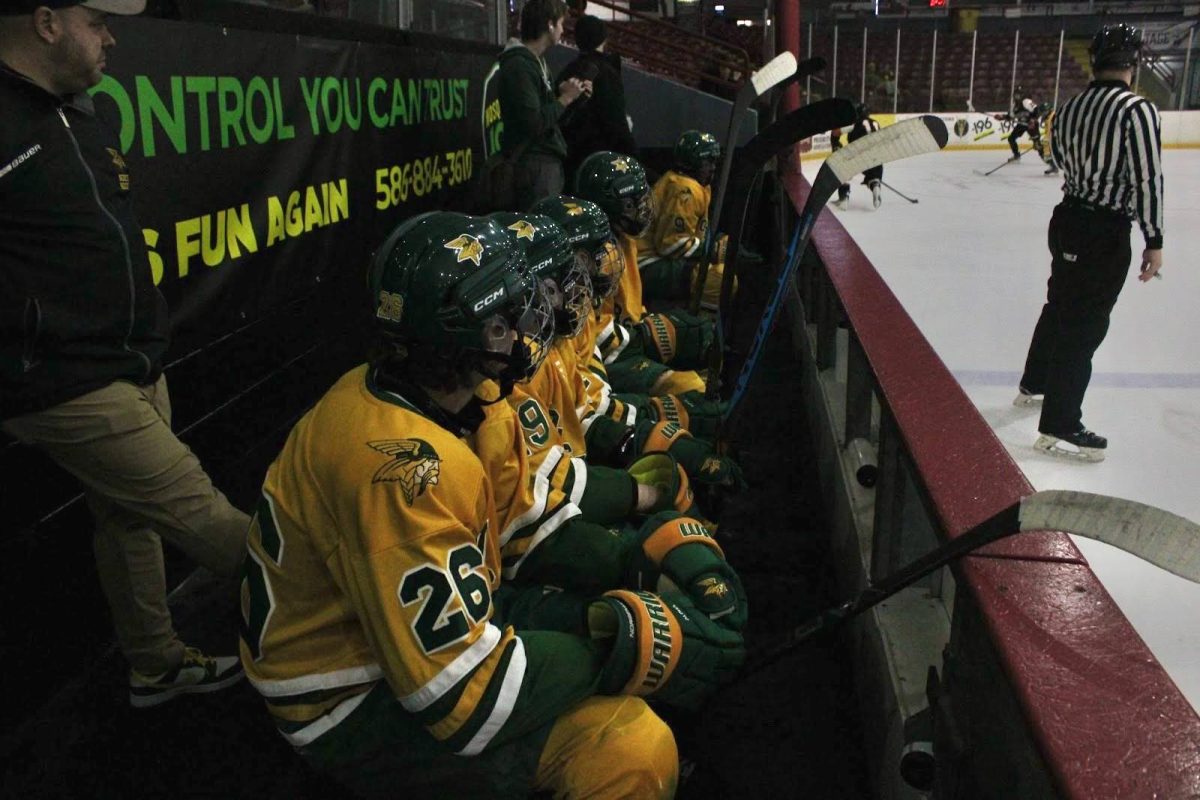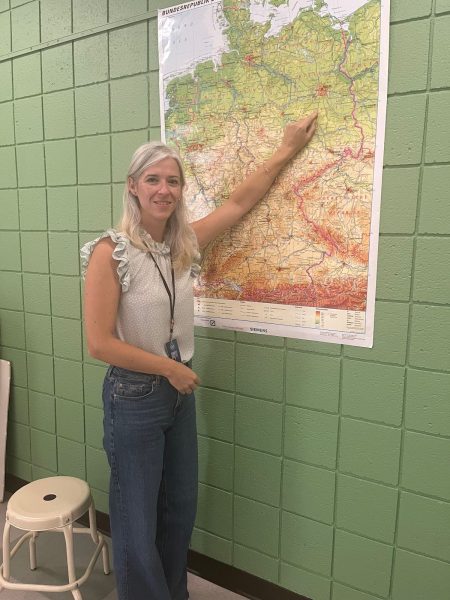
Name: Aileen Hurtig
Position at North: German Substitute Teacher
Favorite Food: Goulash
Favorite Holiday: Christmas
Favorite Season: Summer
Fun Fact: Speaks 5 languages (Photo credit: Elissa Singh)
The transition from living in Germany and moving to America was quite the culture shock for Aileen Hurtig, long-term German substitute teacher. Arriving seven years ago for work, she has become accustomed to changes from Germany, but still reminisces about when she first arrived in America.
Although she encountered many unique American interactions, Hurtig still got a warm welcome from Michigan citizens. For example, when she first entered American stores, she was pleasantly surprised by many polite faces.
“When you arrive here and you go grocery shopping, everyone is just friendly and they say ‘hey, how are you’ and ‘how’re you doing,’” Hurtig said. “I really like that, that’s [completely different] than in Germany. They don’t say anything to you when you go grocery shopping.”
Polite strangers didn’t mean immediate friendships though. Hurtig struggled to find devoted friends like the ones she had in Germany. Due to differences in social customs, it was harder for her to form authentic relationships.
“If you meet an American, they are more friendly, but getting to know an American and being friends with them, real friends that you can count on, takes much longer,” Hurtig said. “That might be because I’m not from here and they’re hesitant. It took quite a while to find real American friends that stick to you, and in Germany, it’s a little bit easier I would say.”
Making friends in America was hard for Hurtig because of the contrasting social customs, however it was even harder finding activities to do within American culture.
“We have coffee and cake time in Germany,” Hurtig said. “Every Sunday you gather usually with your family or friends at 3-4 p.m. and bake cake and have coffee or tea and go on a walk.”
Social culture shocks still continue for Hurtig as her son navigates through elementary school. Relearning the social expectations is still a difficulty for Hurtig, especially with a child going through many “firsts.”
“My son was invited to a birthday party at an indoor playground and his whole class was invited,” Hurtig said. “I had no clue about birthday presents and how much money and how you invite the whole class. That’s absolutely not a thing in Germany. You invite 3-4 of your best friends in first grade, not the whole class. That was one big change.”
Although transitioning from Germany to America had -and still has- its challenges, Hurtig has found a home here. Adapting to the new environment and weather in Michigan, she has discovered new activities and fun things to do while living here.
“Michigan is perfect and right now I can just go in my kayak and go on the lake, I like to do that,” said Hurtig.
EDITOR’S NOTE | Since the publication of this article, Hurtig has been hired by Grosse Pointe Public Schools as a German teacher and is no longer a substitute teacher.


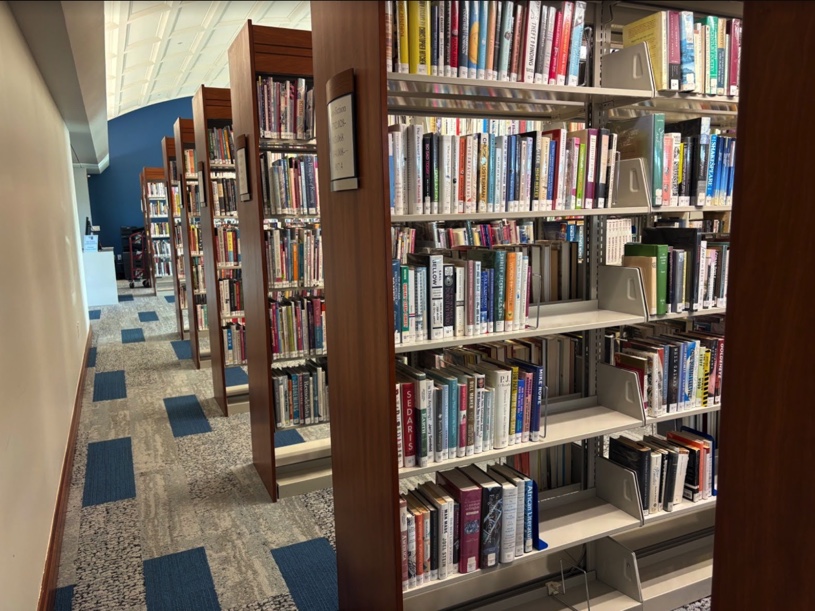
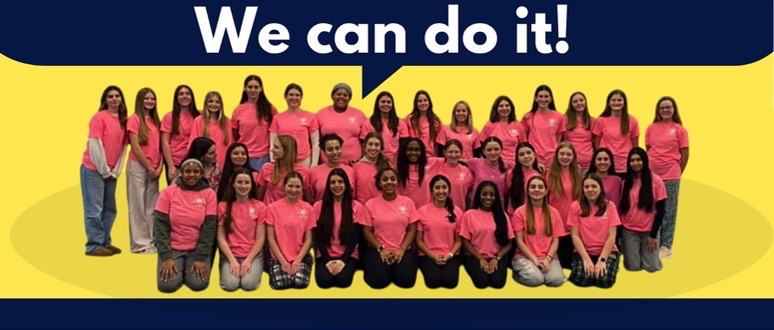
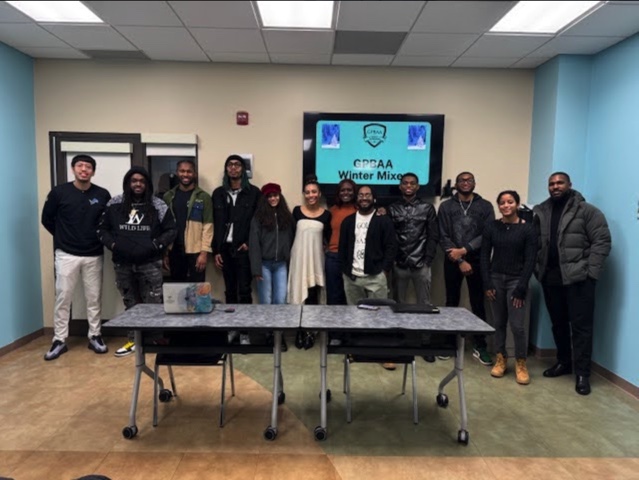
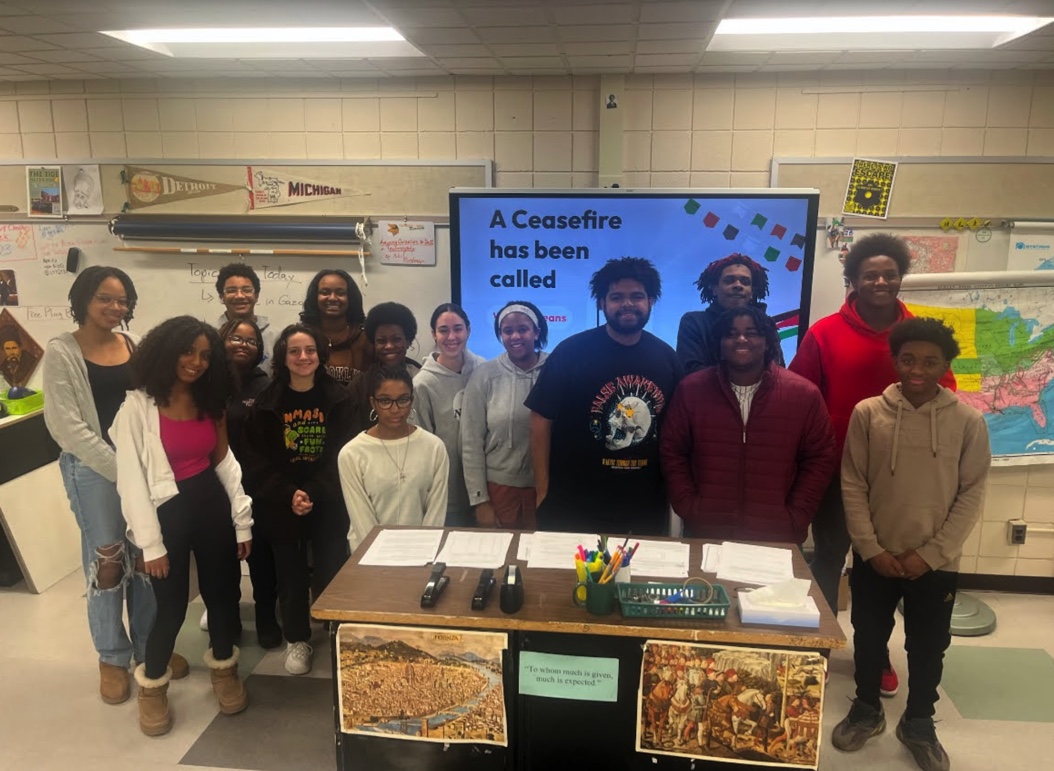
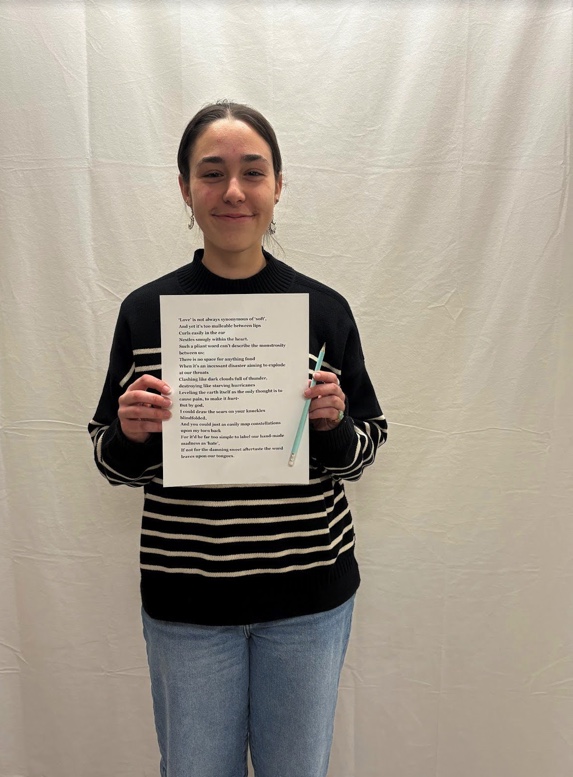
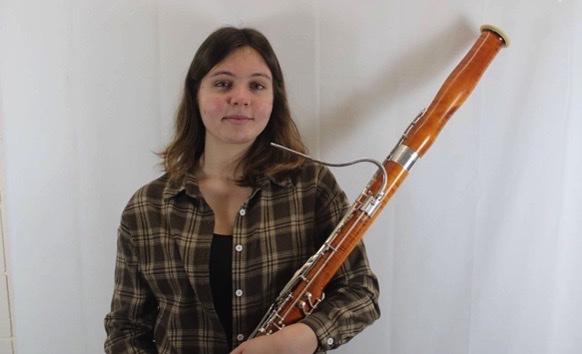
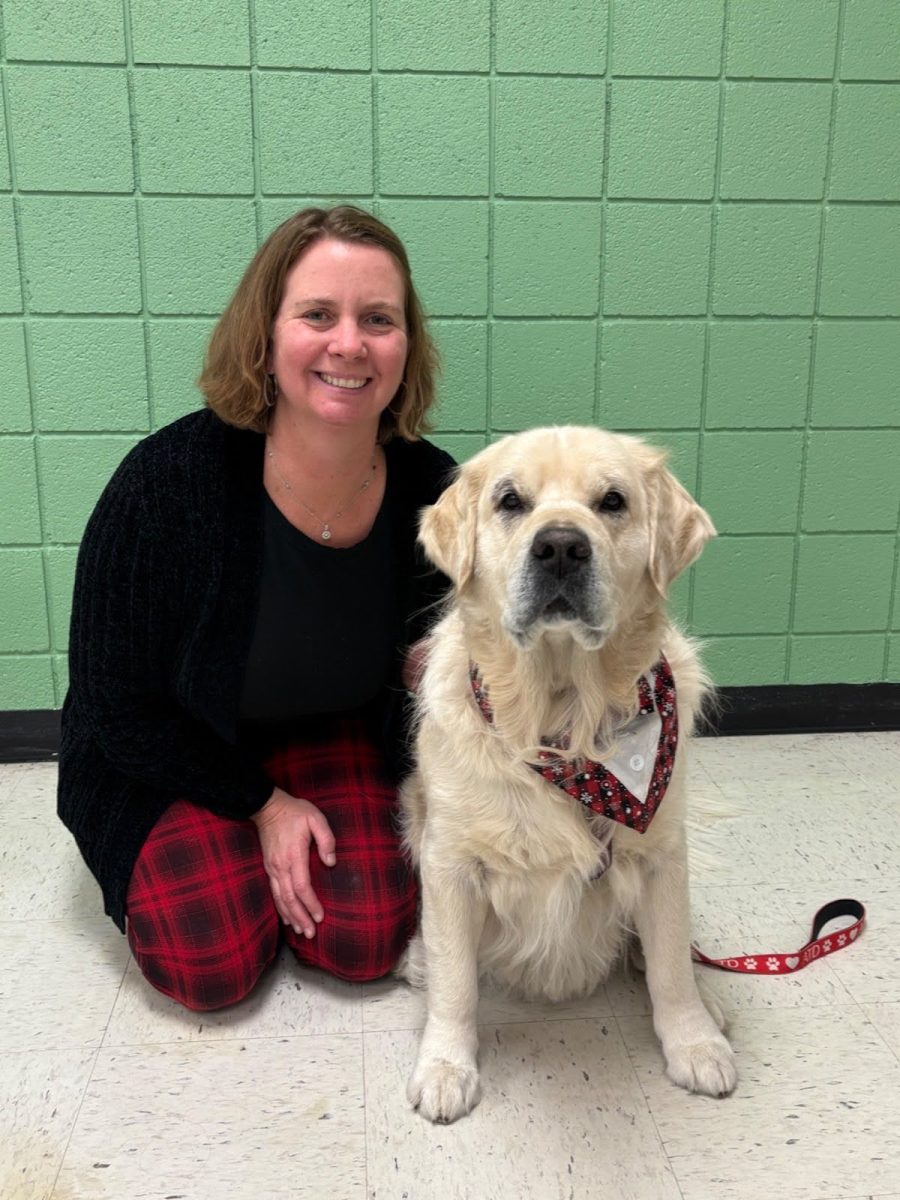
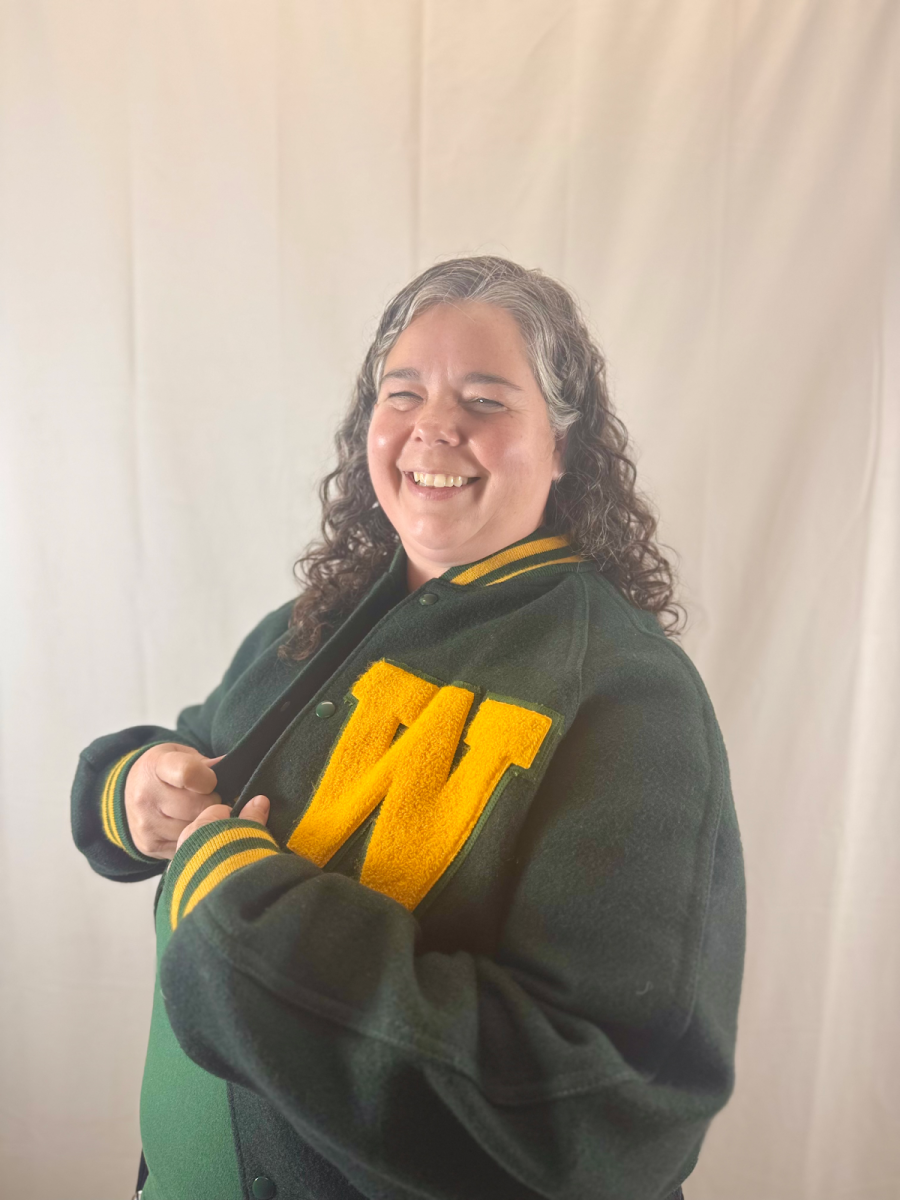


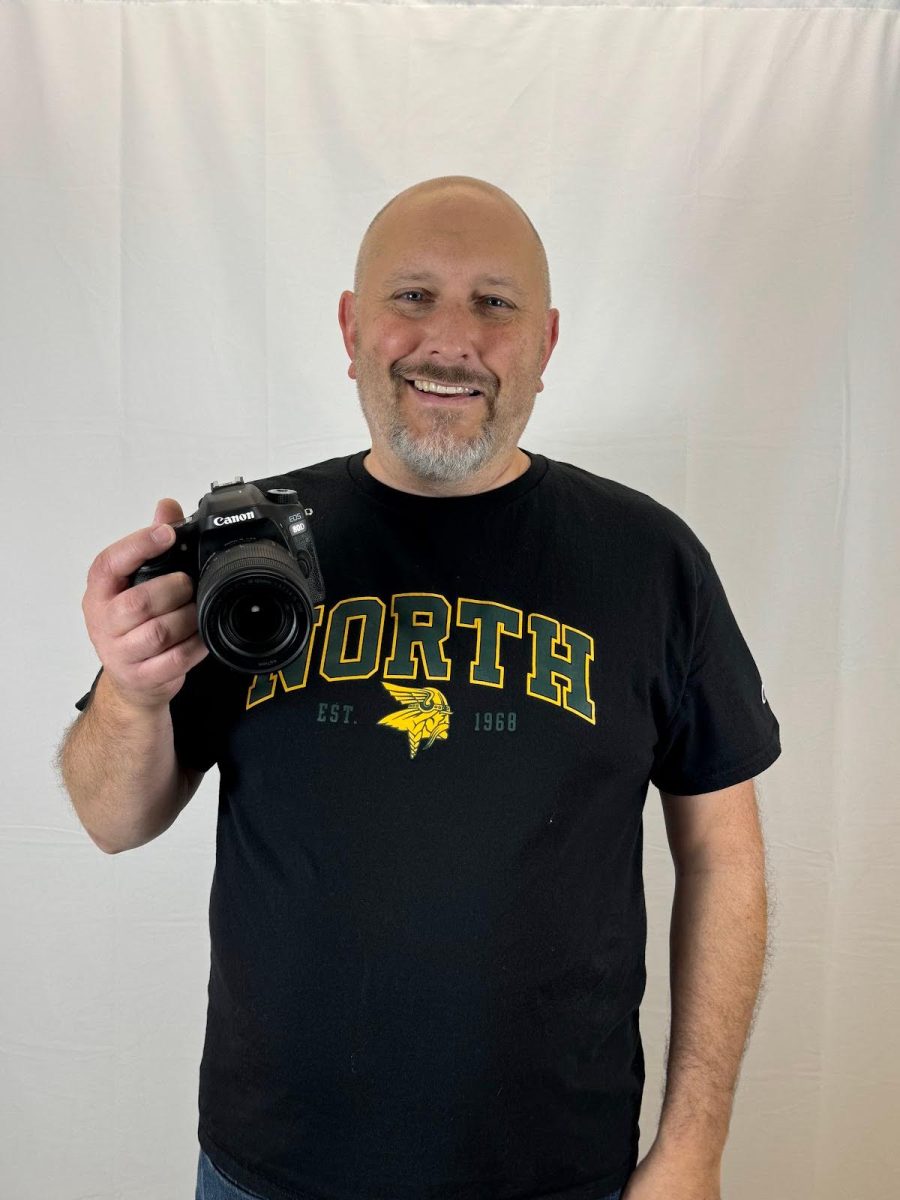
![Feeling nostalgic about his team in Spain, junior exchange student Juan Domingo has decided to start his own boys volleyball team here at North. “I'm actually asking friends and asking people I know if they’re interested,” Domingo said. “Some who reads this may join and if the athletic [director] approves it, more people can join.”](https://northpointenow.org/wp-content/uploads/2024/10/volleyball-e1728674556399-1091x1200.jpg)
